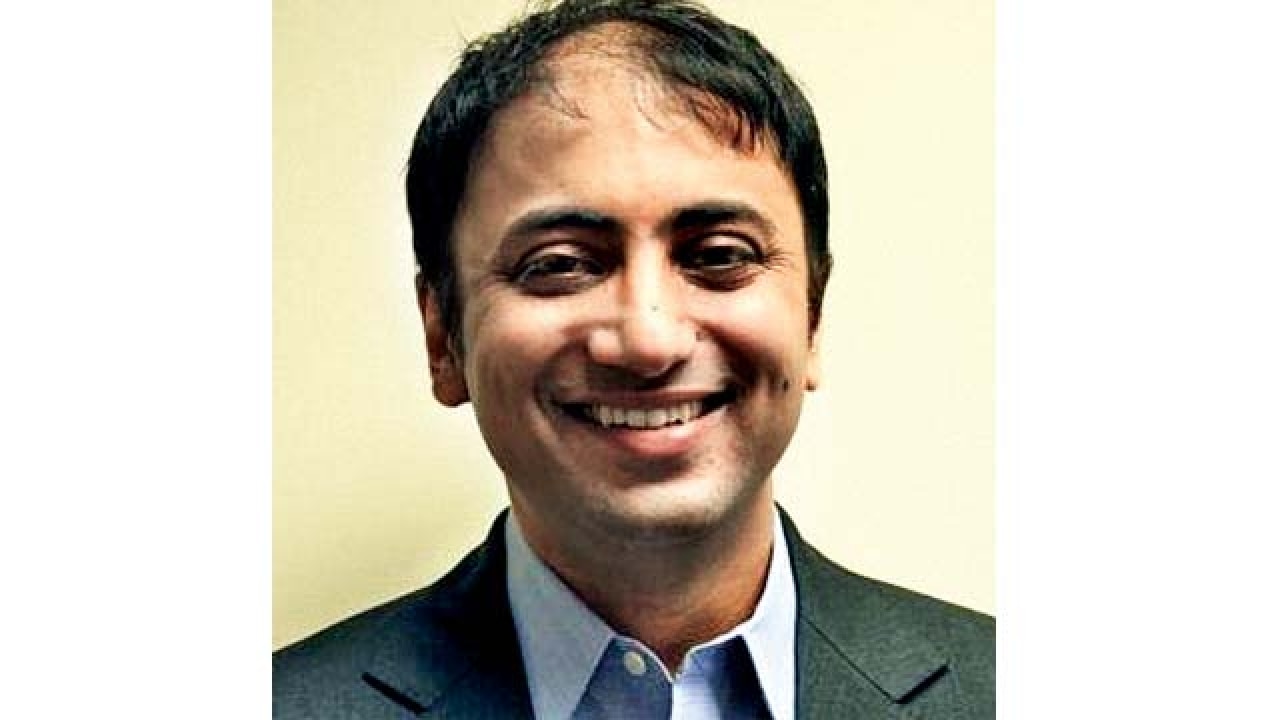
"Few have commented on India’s governance with such clarity & nuance,” the invitation proclaims. The speaker, Sadanand Dhume, sponsored by an international organisation, had delivered a lecture on 'How to Fix India’s Broken Secularism' on May 25 in Mumbai. Obviously, I could not attend. But if his May 4, 2017, post 'Who’s Killing India’s Secularism?' is anything to go by, his argument requires a response.
Evidently, Dhume’s admirers and promoters believe that he has something new, even significant, to contribute to the revival of Indian secularism. Though like the proverbial dead horse, no amount of flogging — or flaking — will restore it, many secularism votaries haven’t quite given up. Because its downfall, if not death, concerns us all, we must examine if Dhume’s approach adds significantly to our understanding.
Frankly, I do not think it does. My scepticism is based not on Dhume’s lack of credentials. His education is impressive, as is his subsequent career. Currently, Resident Fellow at the American Enterprise Institute, he earlier served as India bureau chief of a leading Eastern newspaper. He is also the author of a political travelogue on the rise of radical Islam in Indonesia.
Dhume’s qualifications, paradoxically, signal his lack of cultural insight and training. Indeed, his educational background and subsequent achievements mark him as prime agent of what post-colonialists call ‘re-Orientalism’. From our (former) ‘white’ masters telling us who we are, we are now expected to defer to a new breed of India-born or Indian-origin experts. Most such Indian-origin foreign-trained experts serve — and are promoted by — other countries, governments, and allied agencies, even when redeployed to India. They make up an important part of the so-called ‘Lutyens’ establishment. Such an objection might be dismissed as ‘merely’ culturist or nativist.
But the fact is that from James Mill’s infamous History of British India (1817) to today’s Euro-US-centric narrative incursions, Western categories have continued to be imposed as one way of dominating and controlling us.
Dhume’s take on secularism exhibits the same discursive DNA. The title of his article uses ‘killing’ to suggest that Indian secularism isn’t dying a natural death, but is being murdered by right-wing extremists. Dhume wants to teach us how to beat these secularism-killers. Secularists should acknowledge, he argues, that “radical Islam is a problem”. As if radical Islam isn’t a huge, worldwide scourge quite on its own, Dhume suggests that Indian secularists’ denial or whitewashing of it is the reason for their decline. Now, is this really news? Has he forgotten the hoary provenance of the term pseudo-secularism, coined to expose precisely such hypocrisy?
Moreover, isn’t it puzzling, if not contradictory, that in his very first sentence Dhume flashes the minority card? “Minority rights in India are under threat,” he declaims, “Scarcely a week passes without news of an attack on Muslims by vigilantes somewhere in the country.” Dhume wanted secularists to “champion equality before the law”. If so, the violation of which special (specious?) ‘minority’ rights is he referring to? Either we support equality under the law or special rights for special interest groups. The latter being so clearly an anti-libertarian position, how can we have it both ways? Wasn’t duplicity precisely the problem with official secularism in the first place? Isn’t Dhume’s double-speak guilty of the very equivocation he censures?
Dhume next fulminates against Yogi Adityanath, UP’s Chief Minister, calling him “a rabble-rousing monk-cum-politician best known for founding a thuggish private militia and whipping up anti-Muslim emotions”. This is the first serious hint of Dhume’s cultural discomfort, if not illiteracy. Dhume can’t, despite his impeccable training, wrap his head around the Yogi phenomenon. He fails to mention that the man he accuses of being a rabble-rouser has been elected five consecutive terms to the Lok Sabha from Gorakhpur, winning with record margins. Yogi Adityanath’s experience of Indian parliamentary democracy, thus, far exceeds Dhume’s academic or armchair expertise.
The reason that Yogi baffles Dhume is that Adityanath does not fit Dhume’s categories of democracy or public life. When Dhume admits, “Reality is more complex,” it is not an admission of his own inadequacy. Far from it, he implies that he knows what’s wrong with Indian secularism while we don’t. Dhume’s inability to grasp that India might be a dharma-based society rather than modern secular State might be the real problem. No wonder, he never considers this as the primary reason for secularism’s free fall, not just the latter’s duplicity over radical Islam. ‘Dharma’ as an ontic-epistemic category doesn’t exist in Dhume’s consciousness; naturally, the word, let alone the idea, is totally absent in his analysis. Who will explain to Dhume that there is no magic bullet to ‘fix’ Indian secularism? There is no simple way to move from our deep-seated civilizational mismatch with secularism to the unproblematic equality that Dhume advocates.
India shows us over and over again that it is not entirely amenable to foreign-returned ‘expertise’. Training in the Western academy, at best, teaches us how to use rational tools and accumulated knowledge, but it does not equip us with cultural inwardness, let alone profound civilizational knowledge. The result? Famous echo-chamber experts who reveal more about themselves than the complex country they claim to analyse. Unless Dhume and his ilk take the trouble to delve into a parallel, native archive of facts, ideas, and experiences, his analysis may be doomed to be immediately off-focus and ultimately irrelevant.
The author is a poet and Professor at JNU